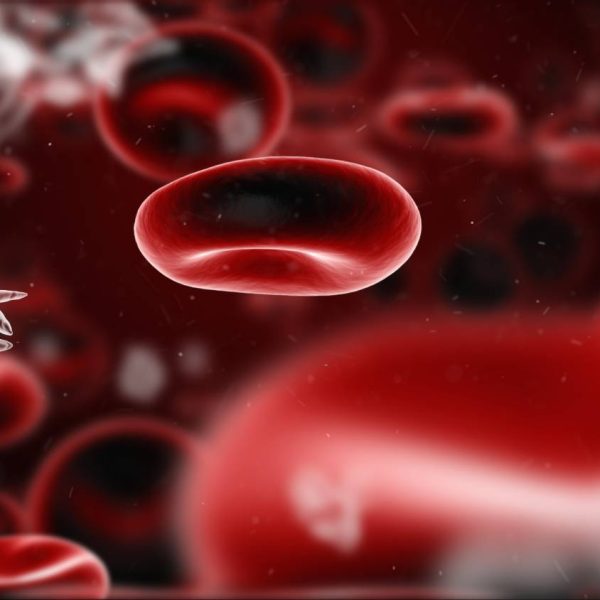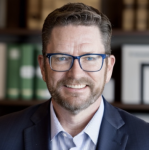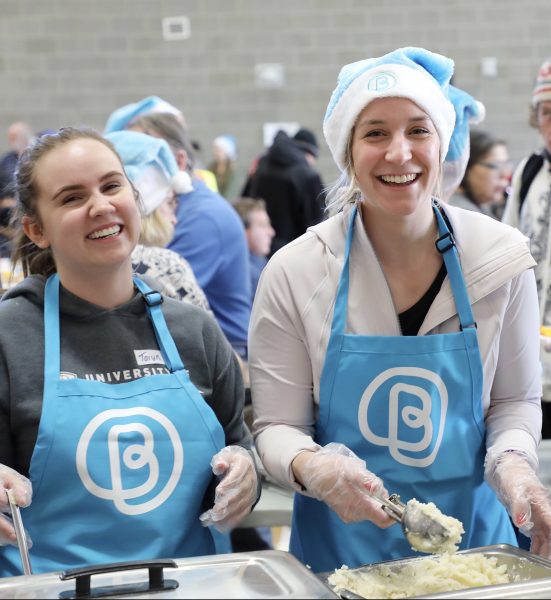
Hospitals are being asked to do more with less – deliver rapid connections to health care services, generate better outcomes and have tighter coordination across teams and services. The patient is at the center of it all. Getting people the care they need, where they are and when they need




